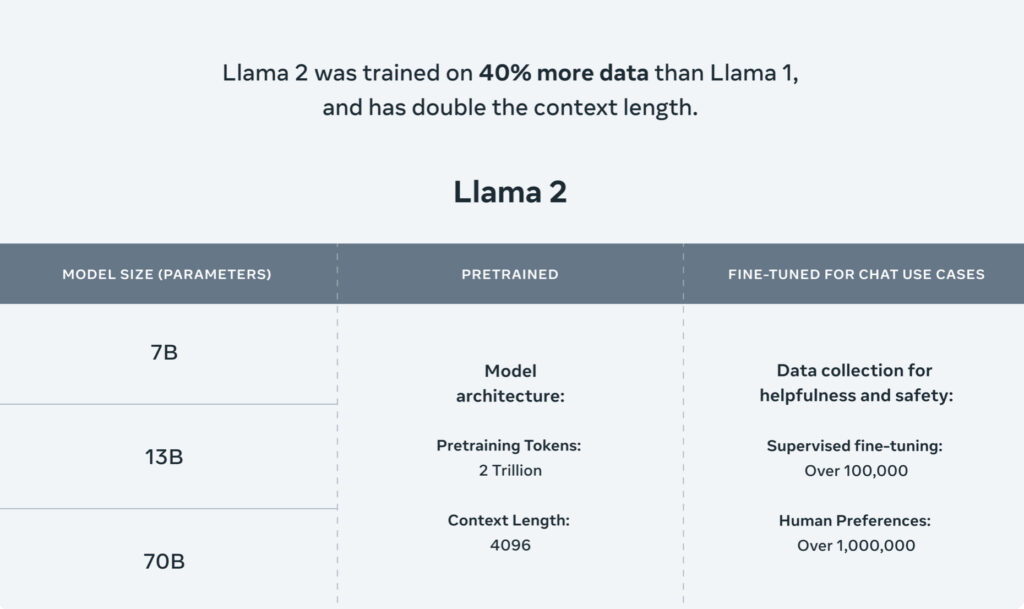“France is the first European country to inaugurate 100% sovereign AI and put it at the service of our public services,” Prime Minister Gabriel Attal said on April 23. This AI is Albert, a chatbot to support the administration.
1. What is Albert?
Albert is a generative artificial intelligence (AI), noted the Ministry of Transformation and Public Service. Precisely, signals the interministerial digital department (DINUM), Albert belongs to the category of conversational agents (or chatbots in English). The tool is described as a legal information assistant.
Advertisement
A chatbot is a computer program that simulates conversations with Internet users – the best known is undoubtedly ChatGPT. It uses AI to understand the questions it is asked and respond, based on the information it has previously trained on. He can also search for information on the Internet.
For Albert, the objective is to support French administration agents on questions that the population may ask. In this context, the tool was designed on data from official sources, in order to provide reliable answers, and above all more quickly, in order to save French people time.
Presented as a sovereign solution, Albert was developed within Datalaban incubator which belongs to Etalab, a department attached to DINUM. In the past, DINUM specialists have already had to carry out sovereignty projects, such as the Tchap messaging service and the FranceConnect public service connection portal.
2. Why are we talking about sovereign AI with Albert?
In his speech of April 23, and entitled Transform the State: debureaucratize, simplify, put AI at the service of the French, the Prime Minister strongly emphasized the sovereign nature of artificial intelligence. The notion came up nine times in the mouth of Gabriel Attal, to emphasize that France “ will not depend on anyone. »
Advertisement
The question of sovereignty in artificial intelligence involves having a national response at different levels of the “stack” that constitutes AI. This particularly concerns the language models (the “engine” of a chatbot), the data on which they are trained (the “fuel”) and the structure on which everything is based (the “vehicle”).
In Albert's case, the Etalab GitHub repository devoted to the chatbot indicates that with regard to fuel, official French data sources are used. For the structure, it is a house accommodation who is mobilizedin order not to have to depend on foreign actors, and thus not to expose yourself to subsequent difficulties.
There remains the question of language models. It turns out that the Albert chatbot does not come with a large language model designed specifically for administrative purposes. It builds on existing solutions : LLaMA-2, developed by Meta, the parent company of Facebook, and Mistral, a very prominent French startup in the field of AI.
If LLaMA-2 was developed by Meta, and launched in July 2023, it is open source. The source code is available online and anyone can iterate on it and make modifications as needed. The same philosophy was followed for the Mistral-7B model. The tool, launched in September 2023, is also open.

3. What will Albert be used for?
In broad terms, according to Gabriel Attal, artificial intelligence in the State must lead to “ simpler procedures “, of the ” faster turnaround times “, of the ” more secure responses » and “ more effective public policies. » It is also not a question of replacing agents, but of removing repetitive tasks from them.
Concerning Albert specifically, his role will be to “ pre-write responses to the 16 million annual online requests “, announces the government. It will be necessary to pre-check each response by a state agent: in short, there is no question of letting the AI speak to a citizen without checking what it says.
Other tasks that could be entrusted to the AI were also mentioned, but it is not necessarily Albert who will take care of them. Other tools could be designed and used.
Examples given include:
- automatic transcription of legal hearings,
- the pre-examination of environmental files,
- the creation of assessments for students (here, it will be a separate AI, called Aristotle),
- detection of forest fires and fires,
- human resources management in the public service, etc.


4. How long has Albert been around? When will it arrive?
Development of Albert started in spring 2023, almost a year ago. Currently, the chatbot is still in the testing phase and its design continues in parallel. It is notably tested in counters which bring together several administrations (France services spaces), to gauge the return of civil servants.
According to our colleague Émile Marzolf, feelings are contrasted among agents — some see no use in it, others believe that it can help them navigate the myriad of administrative procedures. As a prototype, Albert is not yet ready for large-scale deployment.
That being said, the government has set a horizon for the Datalab teams, mentioning “deployment of 100% French artificial intelligence in public services by 2026.” It is also by this deadline that the France services spaces will have to reach 3,000 counters — there were 2,700 at the end of 2023.
